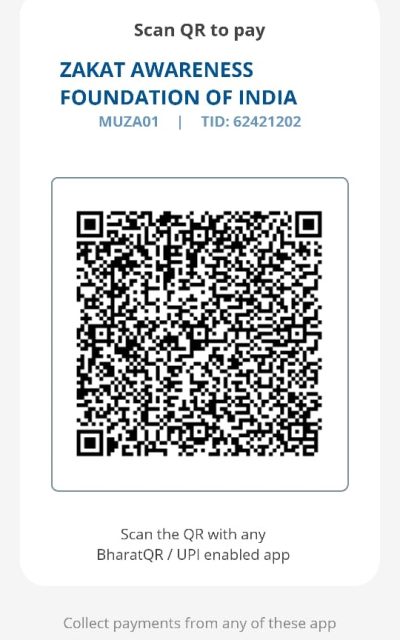The Vital Role of NGOs in Disaster and Relief Funds
Natural disasters such as earthquakes, floods, hurricanes, and wildfires can cause significant damage to communities, leaving many people in need of immediate assistance. Non-governmental organizations (NGOs) play a crucial role in disaster and relief funds by providing support and aid to those affected by the disaster.
The responsibilities of NGOs in disaster and relief funds include providing emergency aid such as food, shelter, and medical care to those affected by the disaster. NGOs also work to restore basic infrastructure such as water supply, sanitation, and electricity in disaster-stricken areas. Additionally, they may provide psychological support to help individuals cope with the trauma and stress of the disaster.
One of the most important responsibilities of NGOs in disaster and relief funds is to ensure that aid is delivered to those who need it the most. NGOs must prioritize aid based on need, providing assistance to the most vulnerable populations such as children, the elderly, and those with disabilities. They must also work to ensure that aid is distributed in a fair and equitable manner, avoiding any bias or discrimination.
Another responsibility of NGOs in disaster and relief funds is to coordinate with government agencies, other NGOs, and local communities. By working together, they can ensure that aid is distributed efficiently and effectively. NGOs must also collaborate with local communities to understand their specific needs and challenges, and involve them in the relief efforts.
NGOs also have a responsibility to be transparent and accountable in their use of funds. Donors who contribute to disaster and relief funds trust NGOs to use their donations wisely, and NGOs must provide regular updates on how the funds are being used. They must also ensure that their actions are in line with the values and principles of the organization.
In addition to providing immediate relief, NGOs have a long-term responsibility to help communities rebuild and recover from the disaster. This may involve providing support for livelihoods and economic recovery, rebuilding infrastructure, and investing in disaster risk reduction measures to prepare for future disasters.
In conclusion, NGOs play a critical role in disaster and relief funds by providing emergency aid, restoring infrastructure, and supporting long-term recovery efforts. They must prioritize aid based on need, work with government agencies and local communities, be transparent and accountable in their use of funds, and help communities rebuild and recover. NGOs are instrumental in ensuring that the most vulnerable populations receive the assistance they need to overcome the devastating effects of natural disasters.


